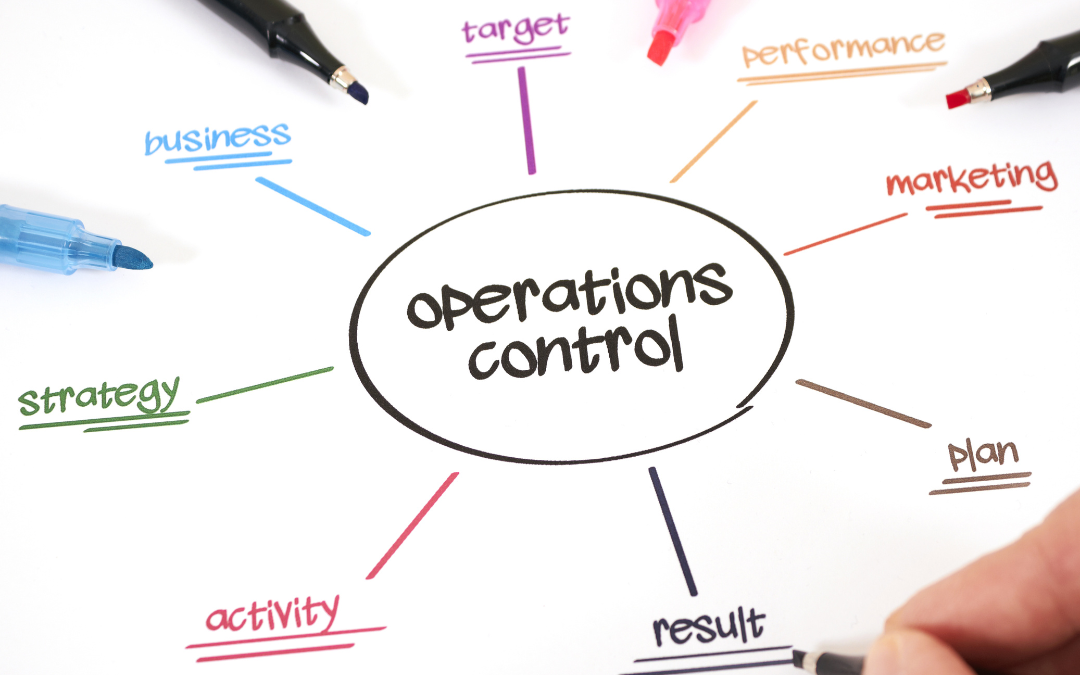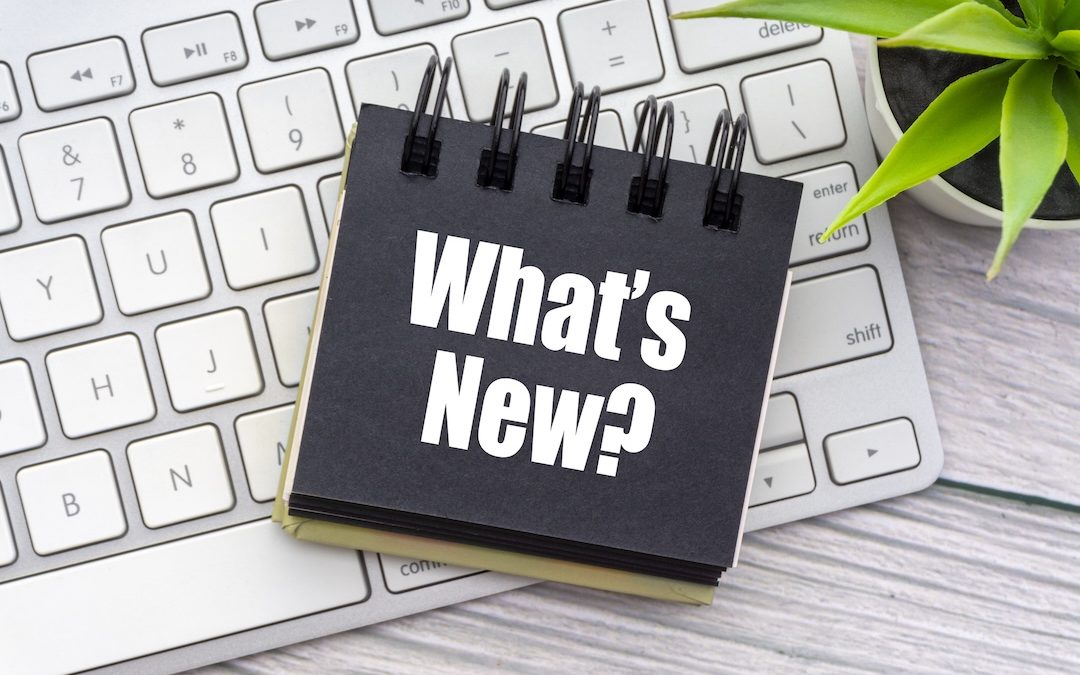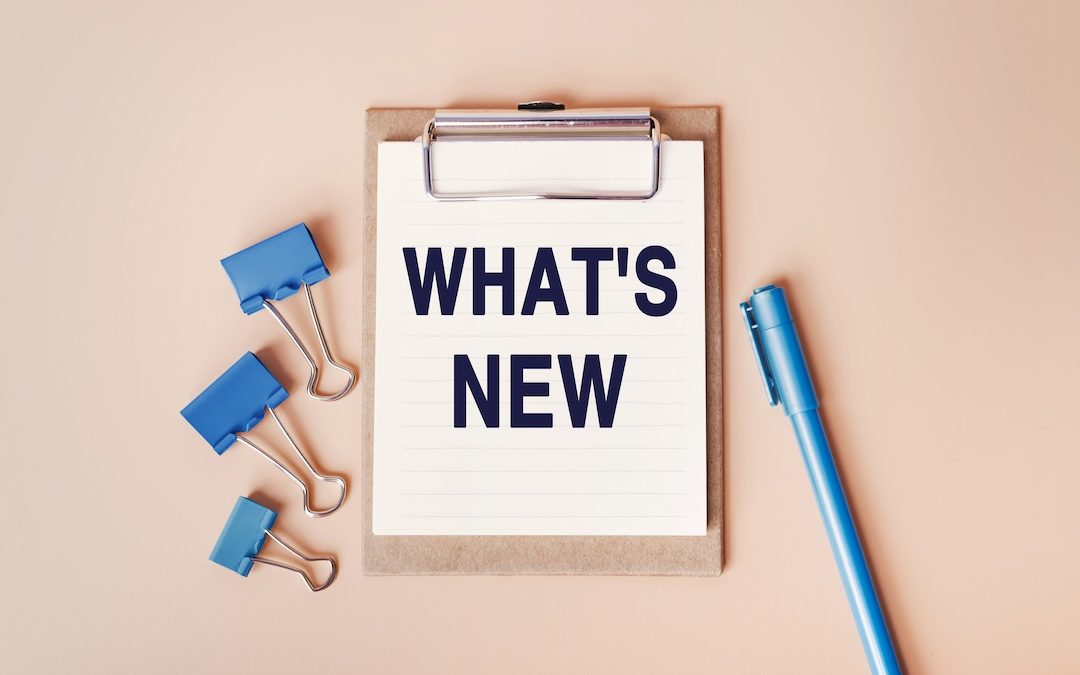One of the main consequences, when a company begins to grow, is the need to resort to different systems and programs to make the operation more efficient.
However, with different area leaders imposing their own systems, there begins to be a disconnect between everything. It can stall your growth and create problems more serious than the ones it came to solve.
The proliferation of new technology has also created a disconnection between B2B buyers and sellers. Buyers spend only 17% of their time actually meeting with potential suppliers, a major driver of this disconnection is the proliferation of new software and technology. HubSpot’s latest releases are a response to this current crisis of disconnection.
Between a global pandemic, hybrid work, an economic downturn, tightening budgets, privacy concerns, rising customer expectations, and the growing complexity of data, it’s no wonder that it’s harder than ever to connect with customers.
Solving the Crisis of Disconnection
The first thing you need to do to solve this challenge is to identify the different systems that are being used in your organization. You may have a few different programs in place that serve different purposes.
The next step is to determine which ones are working well and which ones aren’t helping you meet your goals. Once you have identified those, you can decide if they are worth keeping or if they need replacing with something else that will help you reach your goals faster than before.
This is where a customer relationship management system (CRM) system such as HubSpot comes in.
Choosing the right CRM will help you manage your date through one central platform, s that all employees can access it whenever they need something from them (or vice versa).
But what if you’re not sure which CRM solution is best for your company?
When choosing a CRM system for your business, there are several factors that should be taken into consideration:
- Your goals for using a CRM solution
- The features offered by different CRM solutions on the market today
- How easy it will be for employees within your company to use this particular software
What to Look for in a CRM Solution
- People and process. Is the system easy to use? Does it support your existing processes or does it require a significant change in how you do business? Is training available for your staff?
- Technology. How are data, reporting, and integration handled? Is there any customization that can be done to fit your specific needs, or will you have to rely on third-party apps for additional functionality?
- Data. What kind of information is being collected about your customers and prospects—and what isn’t being captured currently but could be valuable down the road (such as product preferences)? Can this data be pulled into other systems if needed so all pertinent information is readily available without having to keep track manually (e.g., marketing automation)?
According to HubSpot – When your CRM tools are all on one platform, you can have stronger connections among your data and systems and get a greater ROI on your tech stack.


The more point solutions you use to run your business, the more these hidden costs come into play, and thus, the higher your total cost of ownership becomes.

“The current excess of tech is a symptom of the idea that for any new problem or goal, all that’s needed is new software – but a Martech stack shouldn’t be a scraping together of segregated pieces of information,” commented Meghann York, Global Head of Product Marketing, Emarsys. “While this approach may plug a few holes in the short term, the fragmented result will ultimately waste both time and money.
Marketing teams need unified software that prioritizes visibility and ease of use. Centralization of tools – and more importantly, of data – drives a greater understanding of the customer.
To put it in numbers…
- 88% of marketers use up to 10 tools, spending an average of 3.55 hours/week collecting/organizing/analyzing data from separate sources.
- 46% of marketers dedicate more time to preparing and segmenting data than any other task.
- A study found that disparate tools can eat up as much as 40% of an employee’s productivity time.
- 35% of marketers struggle with a lack of integrations between technologies.
- 29% of marketers believe they have too many tools in their stack.
- Martech accounts for 26.2% of marketing budgets.
Train Your Staff to Use the CRM
Your sales team is one of your most important assets. It’s also the most in touch with your customers—and therefore, it has a chance to know what they need before they do. That’s why you want to make sure that every member of your team is using the same CRM and using it effectively.
You’ll want to choose a CRM that’s easy for everyone on your team to use, since different tools can be intimidating or time-consuming for different people. It should have features like analytics software and report generation tools; some programs even include remote access so that staff members can work from home as well as in the office if needed (which can also help avoid burnout).
A good program will also provide training opportunities for new staff members who join or leave over time; many products offer custom training plans tailored specifically for each user based on their role within an organization—so when someone leaves, another employee doesn’t need weeks of training before getting back up-to-speed with the system!
HubSpot’s View on the Crisis of Disconnection
“Businesses are in a crisis of disconnection today. Their systems and data are disconnected because of cobbled-point solutions. They’re disconnected from their customers, as buyers tune out saturated channels. And, they’re disconnected from their peers in a more hybrid world,” said Yamini Rangan, Chief Executive Officer at HubSpot.
”At HubSpot, we see a path forward. We believe the businesses that will win in the future are the ones that focus on customer connection, not customer management. We’re committed to helping our customers grow in this new world by providing strategies, technology, and communities that foster deeper connections. I’m excited about the product developments we announced today at INBOUND because they empower our customers to do even more to solve this crisis with HubSpot’s connected CRM platform.”
HubSpot also shared – 42% of companies with high CRM usage see high company growth, compared to only 22% of those with low usage.

In the end, the lack of connection between systems can have economic, operational, and customer experience consequences.
In Conclusion
We at Glare Marketing Technologies Marketing have helped dozens of businesses solve their CRM challenges, specifically with HubSpot and would love to do the same for you. We’re passionate about helping businesses grow by making sure they have a solid CRM strategy in place.
If you’d like to discuss how we can help your business reach its full potential, please don’t hesitate to reach out or schedule a call by using this link.










